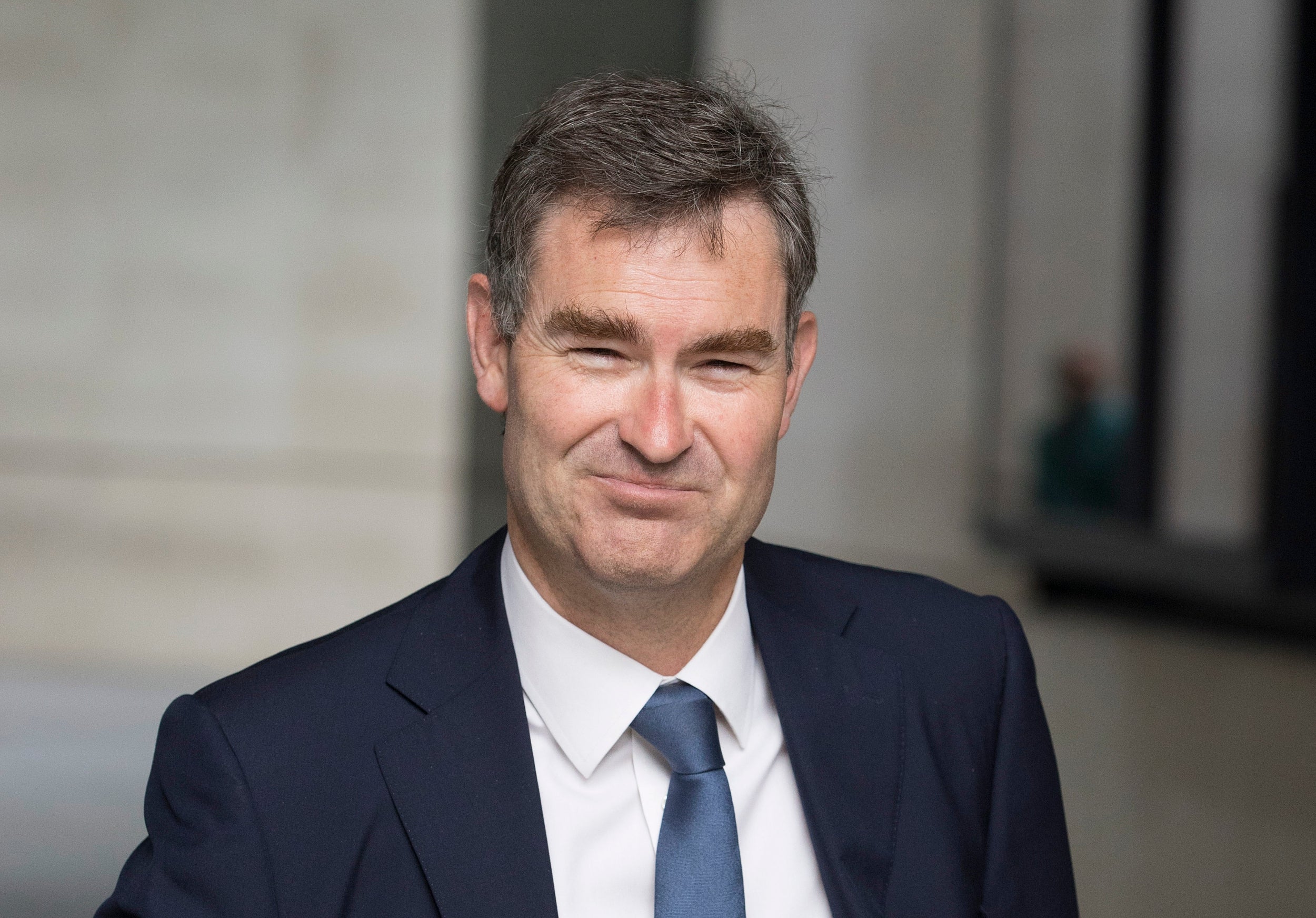Prisoners could be given personal cell phones, says justice secretary
Having access to a private landline would improve inmates' behaviour, claims David Gauke

Your support helps us to tell the story
From reproductive rights to climate change to Big Tech, The Independent is on the ground when the story is developing. Whether it's investigating the financials of Elon Musk's pro-Trump PAC or producing our latest documentary, 'The A Word', which shines a light on the American women fighting for reproductive rights, we know how important it is to parse out the facts from the messaging.
At such a critical moment in US history, we need reporters on the ground. Your donation allows us to keep sending journalists to speak to both sides of the story.
The Independent is trusted by Americans across the entire political spectrum. And unlike many other quality news outlets, we choose not to lock Americans out of our reporting and analysis with paywalls. We believe quality journalism should be available to everyone, paid for by those who can afford it.
Your support makes all the difference.Prisoners could be given personal telephones in their cells, the Justice Secretary has said.
David Gauke argues having access to a landline would improve behaviour by helping inmates keep in touch with friends and family.
The handsets would be programmed to only call pre-approved numbers, and would need to be paid for by prisoners themselves.
Trials of in-cell phones have already been held in 20 jails and it was announced in July that a further 20 prisons would have them installed in the next two years as part of a £7m scheme.
But, in an interview with The Daily Telegraph, Mr Gauke said he wanted the project to be rolled out across the country.
He said the trials had suggested such access could help reduce drugs and illicit mobile use, decrease friction over communal landing phones, and help offenders get organised in the run-up to release and thereby bring down reoffending rates.
“All the evidence is pointing towards in-cell telephony helping, so its wider use, I think, makes a lot of sense,” he said. “The message that I hear time and time again from prison governors and prison officers is that can be a real game-changer.”
He also pointed out how a similar scheme in Germany has cut problems in its jail.
Responding to the proposed policy, Peter Dawson, director of the Prison Reform Trust, said he welcomed the idea.
He told The Independent: "More legitimate phones means less self-harm, fewer drugs and better resettlement.
“It is a crucial part of a balanced strategy to restore stability and purpose to a failing prison system. He deserves full financial and political support to see it through."
Yet, the proposal has inevitably drawn criticism too with many conservative commentators suggesting that giving prisoners such access to the outside world contradicts the punishment aspect of a prison sentence.
“He could have added in colour TVs & holidays abroad,” tweeted the barrister Jon Holbrook. “The elite don’t understand that prison is about punishment & retribution, without which the public loses faith in penal policy.”
Subscribe to Independent Premium to bookmark this article
Want to bookmark your favourite articles and stories to read or reference later? Start your Independent Premium subscription today.
Join our commenting forum
Join thought-provoking conversations, follow other Independent readers and see their replies
Comments